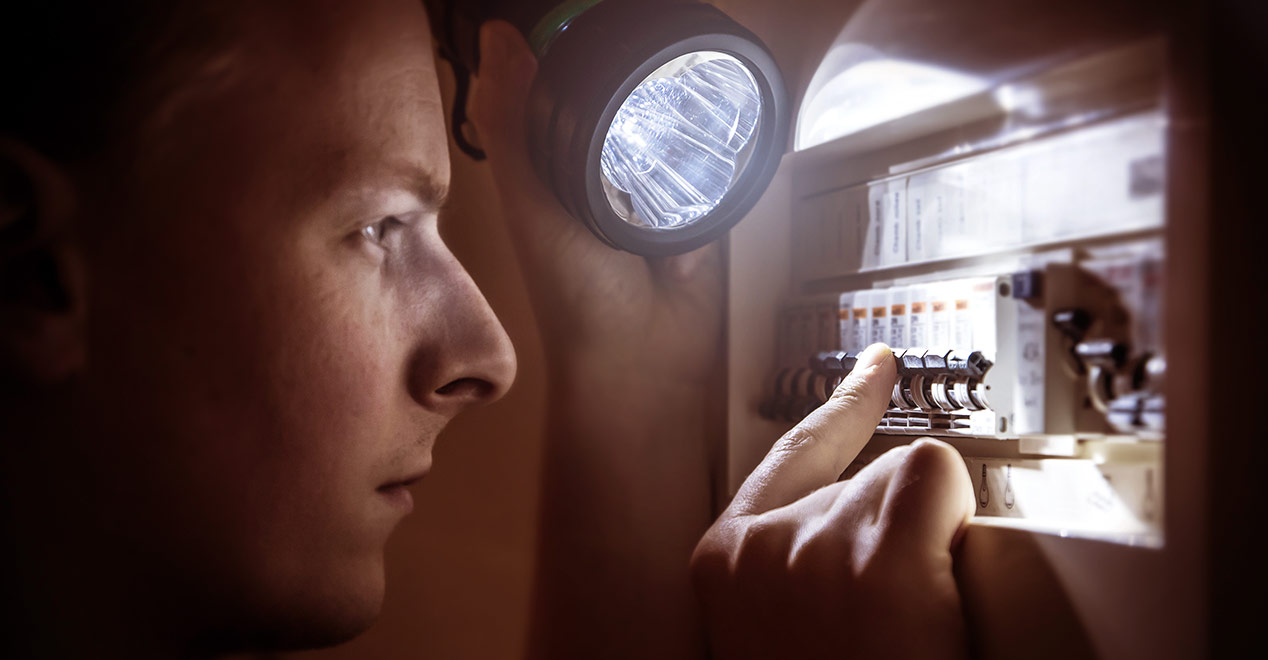Have you ever found yourself in the dark, literally, during a power outage, scrambling for a flashlight, only to discover it’s out of batteries? It’s a common scenario, and with a little preparation, one that can easily be avoided. Preparing for a power outage doesn’t just give you a leg up during the actual event; it provides peace of mind knowing you’re ready for whatever comes your way. Let's dive into how you can be outage-ready, ensuring safety and comfort for you and your loved ones.
Understanding Power Outages
Power outages can occur for a variety of reasons, from severe weather conditions like thunderstorms and hurricanes to technical failures or maintenance work by utility companies. They can be brief, lasting only a few minutes, or extend for several days, impacting your access to light, heat, and communication. Understanding the cause and potential duration of an outage can help tailor your preparation effectively.
Before the Outage
Home Preparation
Start by assembling an emergency kit that includes flashlights, extra batteries, a first-aid kit, at least a three-day supply of water (one gallon per person per day), and non-perishable food. Surge protectors can safeguard your electronics from voltage spikes when the power comes back on. Also, familiarize yourself with manual overrides for electronic systems in your home, like garage doors.
Family Plan
Communication is key during any emergency. Create and discuss a detailed plan with your family, covering how to communicate, where to meet if separated, and what to do in different scenarios. Assign responsibilities to each family member based on their abilities and needs.
Special Considerations
Don’t forget about your pets or any family members with special needs. Ensure you have supplies for your pets and any necessary medication or equipment for family members who might require it.
During the Outage
Safety First
In the absence of electric lighting, opt for flashlights over candles to avoid fire hazards. Keep refrigerator and freezer doors closed as much as possible; an unopened fridge can keep food cold for about 4 hours, and a full freezer can hold its temperature for 48 hours.
Staying Informed
A battery-powered or hand-crank radio can be invaluable for receiving updates during a power outage. Save your mobile phone’s battery life for important communications.
Managing Food and Water
Be mindful of food safety. Perishables in the refrigerator can be spoiled if the temperature rises above 40°F for more than two hours. Keep a digital thermometer in your fridge to monitor the temperature. Prioritize consuming perishables and use your non-perishable food supply sparingly. Ensure you have a sufficient water supply, as municipal water purification systems may not function during extended outages.
After the Outage
Assessing and Reporting Damage
Once the power returns, carefully check your home and property for any damage. If you suspect any damage to your home’s electrical system or if you experience issues with power restoration, contact a professional electrician and your utility company. Reset your electronic devices and clocks, and check for any surge damage to appliances.
Learning and Adapting
Reflect on the outage experience. Consider what worked well and what could be improved. Did you have enough supplies? Were your flashlights readily accessible? Use this information to refine your emergency plan and preparations for future outages.
Long-term Preparations and Investments
For those looking to further mitigate the impact of power outages, consider installing a backup generator. Generators can provide critical power to your home during an outage, keeping lights, refrigeration, and essential medical equipment running. Solar panels with battery storage are another sustainable option, offering a renewable energy source that can power your home independently of the grid. Additionally, explore non-electric alternatives for heating and cooking, such as wood stoves or propane heaters, to reduce your dependency on electricity.
Preparing for a power outage is about more than just having a few flashlights ready; it’s about ensuring the safety, comfort, and well-being of you and your loved ones during unexpected situations. By taking the time to prepare your home, create a family emergency plan, and consider long-term investments, you can face power outages with confidence. Remember, the key to dealing with any emergency is preparation. Start today, and you'll be ready for whatever comes your way.
This comprehensive guide offers a starting point for anyone looking to prepare for a power outage. With thoughtful preparation and a proactive approach, you can significantly reduce the inconvenience and potential hazards associated with power outages. Stay safe, stay prepared, and remember, a little preparation goes a long way.
